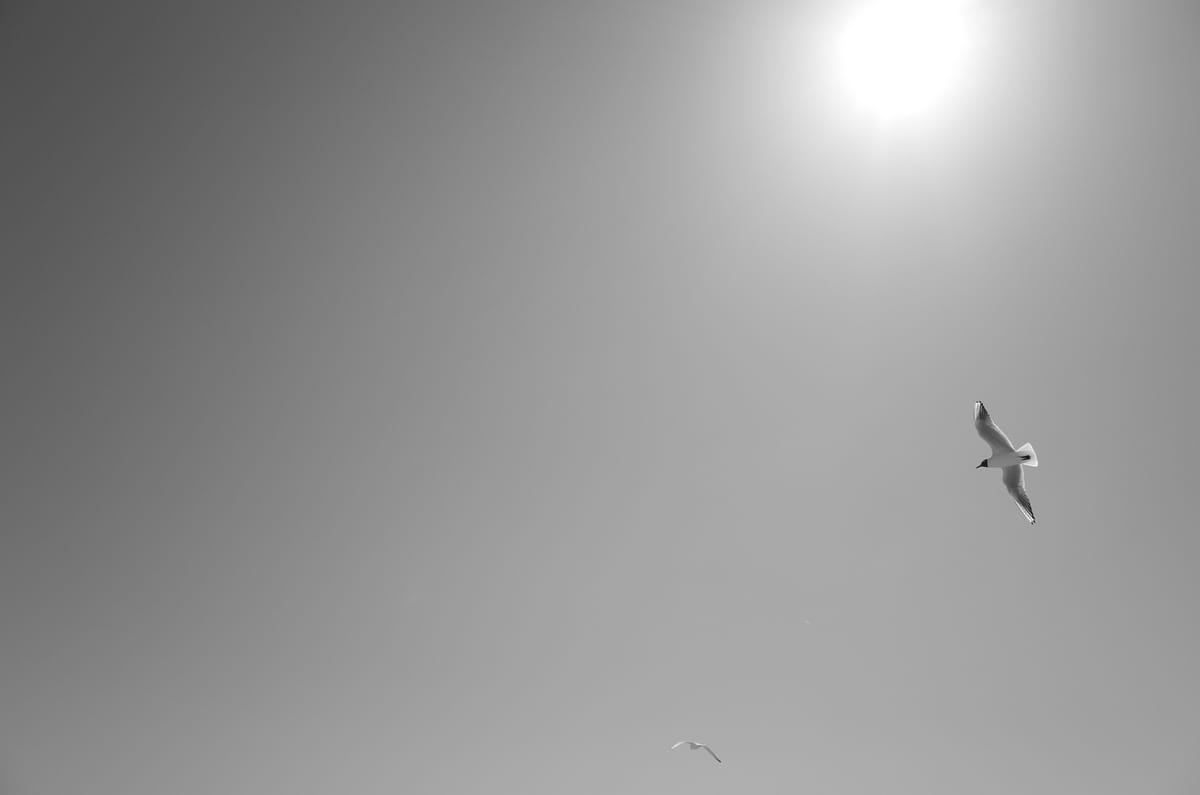
Editor’s Note: This essay introduces Mottainai as a guiding ethic for modern organisations: the regret of wasting human time, energy, and attention. It situates waste not as inefficiency, but as a moral and leadership responsibility, and frames Cultivated’s work as the practice of reducing human waste.
Mottainai — The Regret of Wasting Human Potential
Mottainai is a Japanese term that roughly translates as the regret of waste.
It carries a quiet moral weight: an appreciation for what we have, and a sadness when it is squandered.
I first encountered it in a conversation about notebooks and materials.
But the more it stayed with me, the more I realised the workplace is where Mottainai matters also.
Not for paper.
For people.
Waste at Work
In many organisations, the most precious, and finite, human's resources are quietly wasted every day: time, energy, and attention.
Hours spent in meetings with no clear purpose or outcome.
Weeks lost to unclear priorities, duplicate work, and waiting for decisions.
Ideas blocked by politics, fear, or hierarchy.
Poor behaviours left unaddressed until people disengage or leave.
Bureaucracy that burns effort without creating value.
Metrics that reward activity rather than impact.
Theories implemented without understanding or testing.
All of this accumulates into a deeper loss: the waste of human potential and finite resources of people's time, energy and attention.
People working far below their ability.
Reports written that nobody reads.
Tasks performed with no connection to any meaningful goal.
Rework, busy work leading nowhere.
It is tragic for organisations that miss out on value.
It is tragic for individuals who never get to bring their full selves to work.
What Mottainai Teaches Leaders
Mottainai is not only about regret after the fact.
It is about care before waste happens.
In work, that means leaders treat human's resources of time, energy and attention as sacred rather than consumable.
It means:
Acknowledging waste when it appears.
Providing clarity before teams start moving
— even if only to the next waypoint.
Removing unnecessary friction and processes and bureaucracy.
Addressing harmful behaviours early.
Seeing people’s strengths beyond their job descriptions.
Designing work that develops people rather than drains them.
This is not sentimentality.
It is stewardship.
The Real Waste
The greatest waste in most organisations is not abandoned processes or unused tools.
It is the erosion of human time, energy, and attention.
People rework.
People wait.
People endure politics.
People shrink their ambition.
Mottainai invites us to see this not as business as usual, but as something to regret, prevent, and correct.
For me, it named something I had always tried to practise as a leader:
protecting attention, clarifying purpose, and creating the climate where people can grow.
Now I have a word for it.
Mottainai.
This piece forms part of Cultivated’s wider body of work on how ideas become valuable, and how better work is built.
To explore further:
→ Library — a curated collection of long-form essays
→ Ideas — developing thoughts and shorter writing
→ Learn — practical guides and tools from across the work
→ Work with us — thoughtful partnership for teams and organisations
